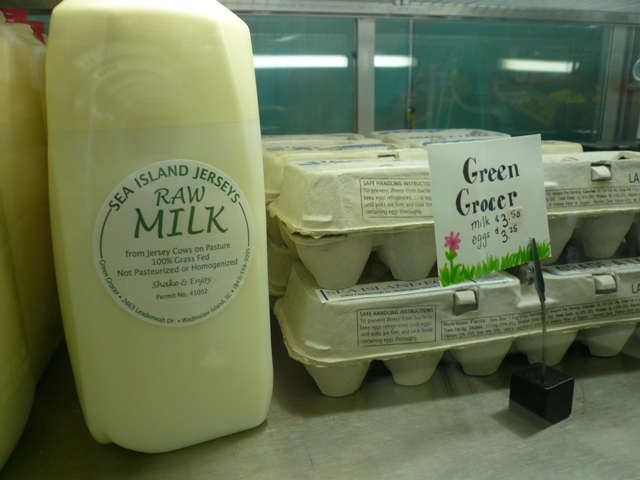 According to a media release on the New South Wales Food Authority website, the Iemma Government has issued a warning for consumers not to drink raw or unpasteurised milk marketed as pet food or for “cosmetic” use as it is a potential health hazard.
According to a media release on the New South Wales Food Authority website, the Iemma Government has issued a warning for consumers not to drink raw or unpasteurised milk marketed as pet food or for “cosmetic” use as it is a potential health hazard.
Primary Industries Minister Ian Macdonald was cited as saying that the NSW Food Authority had received complaints from the public that rogue retailers are selling deceptively labelled unpasteurised milk as a product fit for human consumption.
“To put it simply, any dairy products labelled as ‘pet food’ or ‘for cosmetic use’, have not been through the Food Authority’s stringent food safety management programs and I would urge consumers not to buy them,” Minister Macdonald was quoted as saying.
The Iemma Government through the NSW Food Authority is currently investigating reports of several retailers illegally selling raw milk for human consumption. The sale of these types of raw dairy products for human consumption is illegal in Australia. The Food Act provides penalties of up to $275,000 for the sale of unpasteurised milk. A similar warning was issued in September by Dairy Food Safety Victoria when it found some retailers in that State were engaging in the same practice.
For a summary of raw milk outbreaks click here.

 According to
According to  The
The  Elizabeth Lee today reports in the
Elizabeth Lee today reports in the .jpg) The
The .jpg)
 Julie Scelfo reports in the Sept. 24, 2007 issue of
Julie Scelfo reports in the Sept. 24, 2007 issue of .jpg) Continuing to expose iFSN’s hard work and dedication to developing a culture of food safety, I’m seated in a hotel conference room in Champaign, IL for the second day of the 8th Annual Food Safety Symposium sponsored by the
Continuing to expose iFSN’s hard work and dedication to developing a culture of food safety, I’m seated in a hotel conference room in Champaign, IL for the second day of the 8th Annual Food Safety Symposium sponsored by the